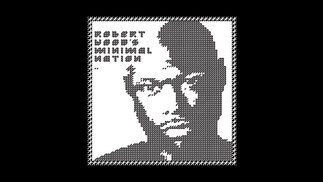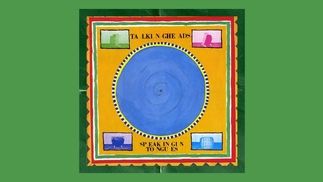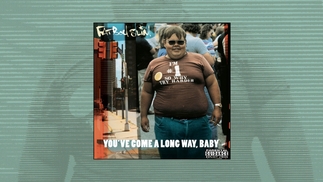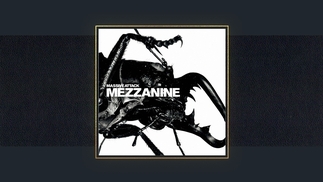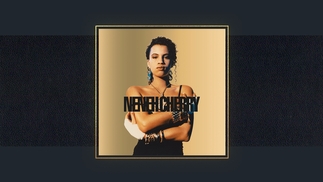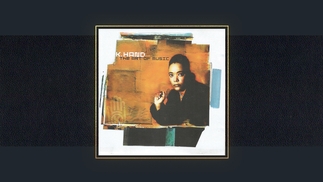Solid Gold: How Motorbass' 'Pansoul' sparked the French touch revolution
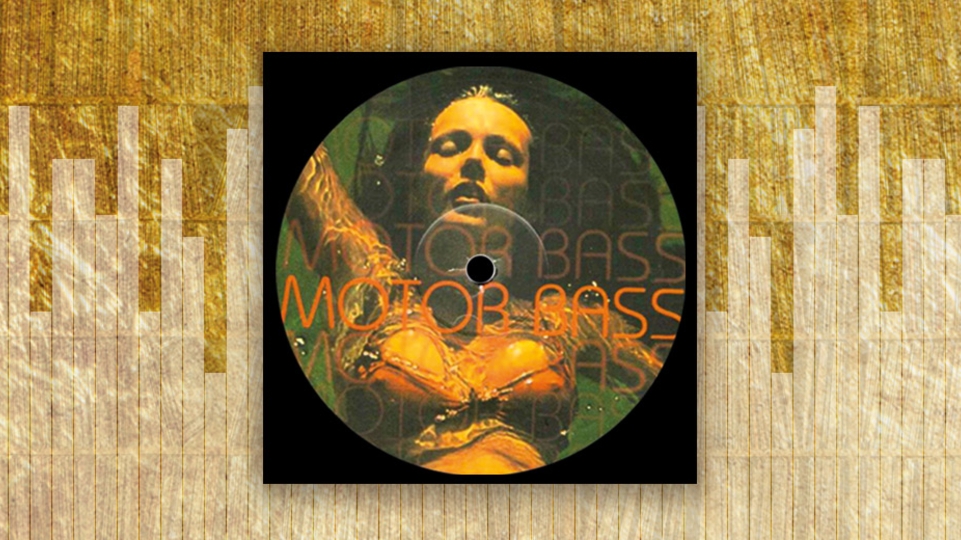
DJ Mag's new Solid Gold series revisists and examines the ongoing significance and influence of electronic albums throughout history. In this first edition, Ben Cardew explores the enduring relevance of Motorbass' (Étienne de Crécy and Philippe Zdar) pivotal French touch record, 'Pansoul', one of the most inspiring electronic records to ever come out of the country...
Motorbass were the gently beating heart of French dance music in the 1990s, the duo’s octopus arms encircling everything positive that would come to pass in the scene’s French touch pomp. The duo consisted of Étienne de Crécy, who would record the epochal Super Discount albums, and Philippe Zdar, later of Cassius and an acclaimed producer and mixer for the likes of Phoenix, the Beastie Boys and Cat Power.
Between them, Zdar and de Crécy would go on to work with a who’s who of the French touch, from Daft Punk to Air, Alex Gopher to DJ Mehdi. But it was ‘Pansoul', the duo’s only album, that marked the peak of their collaborative genius. This was an album that in 1996 (along with St Germain’s ‘Boulevard') dragged French music out of its critical hole, paving the way for Daft Punk and all that came after. But it is also a uniquely European album, one that took inspiration from techno’s deathless Detroit/Chicago axis and moulded it into new shapes, looking to boulevard jazz, hip-hop and collector’s funk for inspiration as well as The Belleville Three.
This unique mixture was thanks to de Crécy and Zdar’s backgrounds. Zdar grew up in the south of France, moving to Paris after he discovered jazz; De Crécy was a punk rock bass player who learned sound engineering after realising his guitar skills were unlikely to bring him riches. The two met at Studio Plus XXX, where Zdar was a sound engineer and de Crécy an assistant; after attending a rave in the winter of '92 they realised they wanted to make techno and hunkered down to do so. At the time, techno was largely made on synths and drum machines but the duo’s experiences of working with hip-hop acts at Studio Plus XXX led them to build their music from dusty-fingered samples.

From DJ Cam’s slo-mo beats to the potty-mouthed Notorious B.I.G sample that lights up Jess & Crabbe's 'Big Booya', the influence of hip-hop hangs heavily over the French touch. But it was arguably in ‘Pansoul’ that this crossover found both its genesis and high point. 'Flying Fingers', one of the album’s vertiginous early peaks, samples Gang Starr’s 'Just To Get A Rep' and The Honey Drippers’ classic 'Impeach the President' break, the song ending in an orgy of elastic scratching, while several other songs on ‘Pansoul' (notably album opener ‘Fabulous') feature beats that rely equally as heavily on hip-hop as on house. More importantly, perhaps, ‘Pansoul''s sound reflects the pre-litigation, sample-heavy, pick-and-mix style of '90s hip-hop, where jazz, funk, soul and dub samples were thrown into the mix to see what stuck. ‘Pansoul''s ‘Genius', for example, sounds more like the work of Stetsasonic than Juan Atkins, with its luscious double bass, raw-sounding drums and jazz-y piano and horn combo.
Motorbass’s influence on the French touch can also be heard in their occasionally heavy use of the sound that would go on to define the Daft Punk era: the filter. De Crécy and Zdar weren’t the first people to filter a disco sample, of course. But their judicious use of filters on songs like ‘Les Ondes’ and ‘Wan Dence’ showed how incredibly exciting the effect could be, years before DJ Falcon ever got his hands on a sampler. ‘Wan Dence’, in particular, is a brilliant proponent of the art, the sample bouncing around like a slinky wobbling down the stairs.
As well as providing sample inspiration, de Crécy and Zdar’s studio experience also helped to bring an incredible spontaneity to their sound, their lightness of touch a tribute to their fast-moving, intuitive recording process. “The way we made those tracks was very quick. We were young and we didn't think that much, so we could do the music really fast,” de Crécy told Thump in 2015.

You can hear this insouciant attitude in the way the duo pitch unlikely elements into their mix and toy with them like a cat and a trapped mouse. ‘Ezio’ features a harp playfully travelling up and down the octave, while ‘Neptune' takes a sample of jazz deity Sun Ra and giddily messes with the pitch. Both ideas sound like the work of people who are acting on instinct rather than over-thinking what they do.
‘Pansoul' was an album that made British and American producers look up by doing something different rather than slavishly following trends; a record that was as important to French dance music as 'Beat Dis' was to UK house and 'Phylyps Trak' to German techno. Reviewing the album at the time, British dance magazine Muzik could barely believe its ears. “There must be something special running through the waters of the Seine right now,” it raved. “A magic ingredient begging to be bottled.”
It’s a tempting conclusion — but maybe the magic of ‘Pansoul’ was really youthful exuberance, the mind-blowing sorcery of discovering a new form of music crossed with open-mindedness, a certain arrogance and deep production skills. De Crécy and Zdar may have gone onto bigger things, while Daft Punk rather stole their initial thunder. But no one in France ever really matched the lightning-in-a-bottle, flash musical inspiration and sheer European elegance of ‘Pansoul'.
